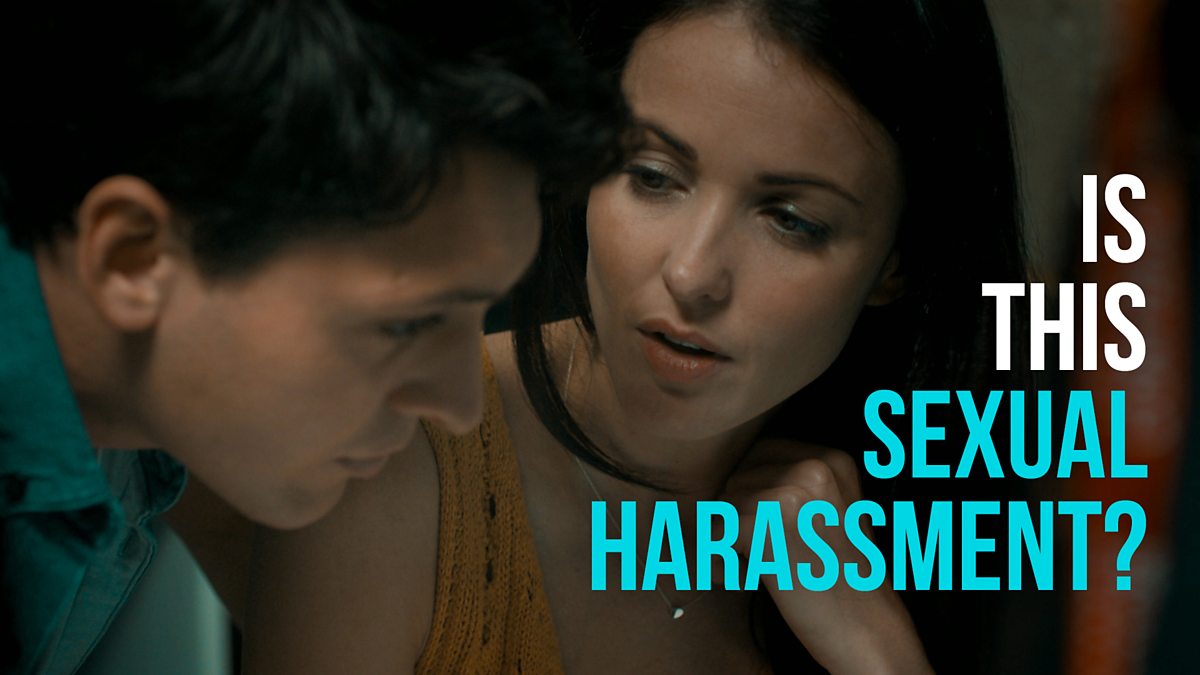With 2018 the year of Harvey Weinstein and Sir Philip Green, one might think that as a society we’ve now got a pretty good grip on what it means to be sexually harassed in the workplace. However, the troubling reality, is that defining sexual harassment remains for many as grey an area as ever.
In an eye-opening documentary released last week on BBC 3, a focus group of young people were shown a short film documenting a series of interactions between two co-workers; ultimately culminating in a woman accusing her male co-worker of sexual harassment in an employment tribunal. At various stages the film was paused, and the group were asked to share and discuss their thoughts on what they’d just seen.
Without getting into all the details and nuances of the specific example shown in the documentary – which can still be watched now on iPlayer-, the biggest insight to come from the experiment was that often people (and I’m including myself in this) fail to see sexual harassment despite it being directly before them.
The legal definition of sexual harassment is ‘unwanted conduct related to sex with the purpose or effect of violating dignity’. Yet, even within this 13-word phrase, there is a lot to unpack. Many of the young men (and a number of women too) in the BBC’s focus group were quick to jump to the accused male’s defence, citing the fact that he might have genuinely thought that the woman he was pursuing ‘wanted him’ too, as evidence for his innocence. However, intent to harm has no bearing on the verdict in a court of law. Harassment is harassment whether or not it is conscious or intentional.
The general consensus from the focus group was that the definition of sexual harassment was much wider than most of them had originally thought. Some even acknowledged, after being made aware of the actual legal definitions, that they could very well have been a victim of such behaviour in the past, without even being aware of it. This is extremely troubling – how can we expect perpetrators to be brought to justice if victims are conditioned into thinking that what they are subject to is acceptable and doesn’t warrant complaining about.
On top of this, there is another issue stemming from the lack of education surrounding this subject, which is often forgotten about. In the documentary, we hear from Keith – a doctor who was subjected to an internal investigation after a co-worker wrongfully accused him of sexual harassment. Although all the accusations against him were eventually proven to be unfounded, Keith’s life was still turned upside down by the allegations; which left him with an alcohol problem and a diagnosis of stress-related type two diabetes to boot.
Thankfully, the law did a good job of protecting Keith – at least from any legal action – in this situation. However, his story is a significant reminder of just how vital it is that, as a society, we are more educated on the ins and outs of workplace harassment. Confusion in defining it can breed all manner of problems – not only for voiceless victims but also for the wrongly accused.
Watch – https://www.bbc.co.uk/iplayer/episode/p06x0jv5/is-this-sexual-harassment
Isabel Ralphs
Image courtesy of BBC iPlayer

